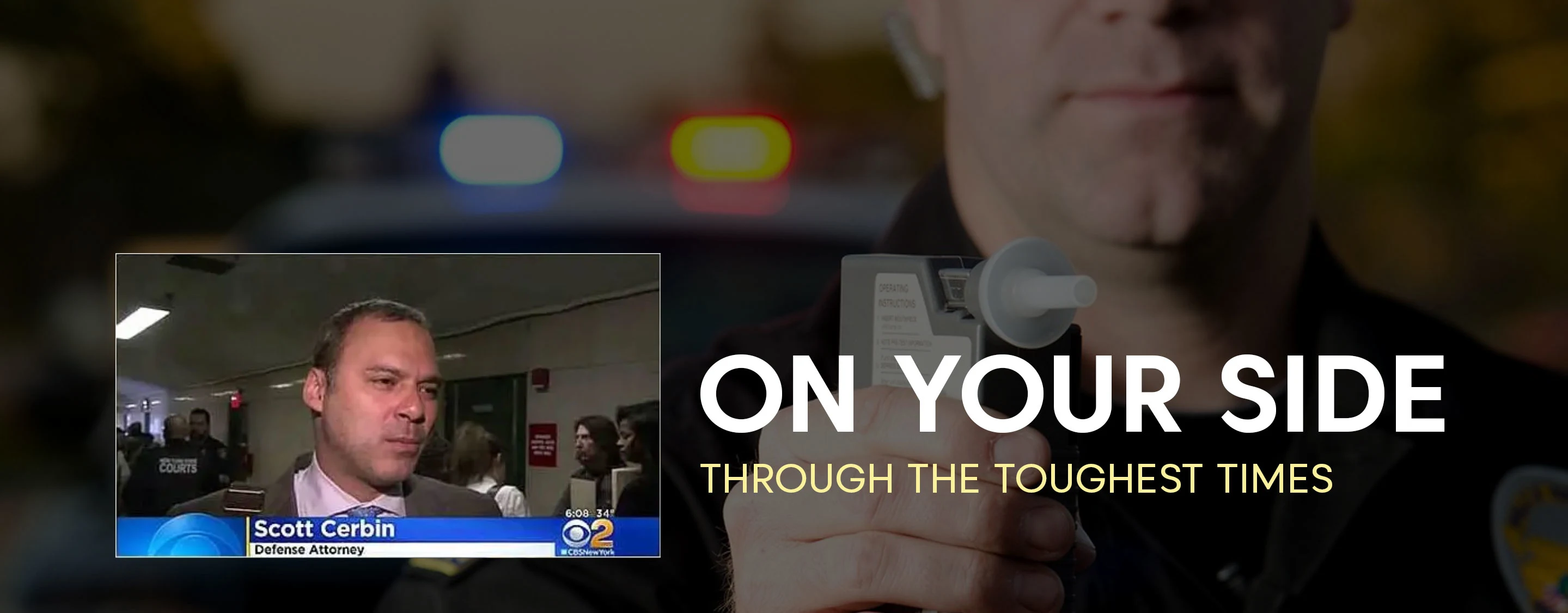WHAT IS THE FRUIT OF THE POISONOUS TREE DOCTRINE?
On behalf of Law Office Of Scott G. Cerbin, Esq., PLLC posted in violent crimes on Sunday, June 9, 2019.
If you have never heard of the fruit of the poisonous tree doctrine, but find yourself facing criminal charges in New York, you should educate yourself about this important legal doctrine that could play an important part in the defense you and your attorney mount.
LawTeacher.net explains that the U.S. Supreme Court established the fruit of the poisonous tree doctrine in Nardone v. United States, a 1939 case for which Justice Felix Frankfurtur wrote the majority opinion.
What the metaphor means
It likely will not surprise you to learn that the fruit of the poisonous tree doctrine is a metaphor having nothing to do with actual fruit or trees. What this metaphor means is that law enforcement officers cannot benefit from any evidence (fruit) they collect from a poisonous tree (an unconstitutional search and seizure). The judge must throw out any such evidence they recover and neither they nor anyone else can use it against you in court.
Fourth Amendment
If you have not recently reviewed your American history, you need to know that the U.S. Constitution’s Fourth Amendment guarantees your right to remain free from unreasonable searches and seizures. This Amendment constitutes the basis from which the fruit of the poisonous tree doctrine flows.
Despite the fact that neither the Amendment nor any U.S. law or court case has ever precisely defined the meaning of “unreasonable,” courts have long since established that a warrantless search almost always falls squarely into this category. Additional criteria can also apply, such as a search procedure that contaminates the evidence gathered. Your criminal defense attorney undoubtedly has become well versed in making a fruit and tree challenge to evidence. If (s)he successfully challenges the evidence in your case, the State will lose its supposed evidence and the judge will have no choice other than to dismiss the charges against you.
This is general educational information and not intended to provide legal advice.




